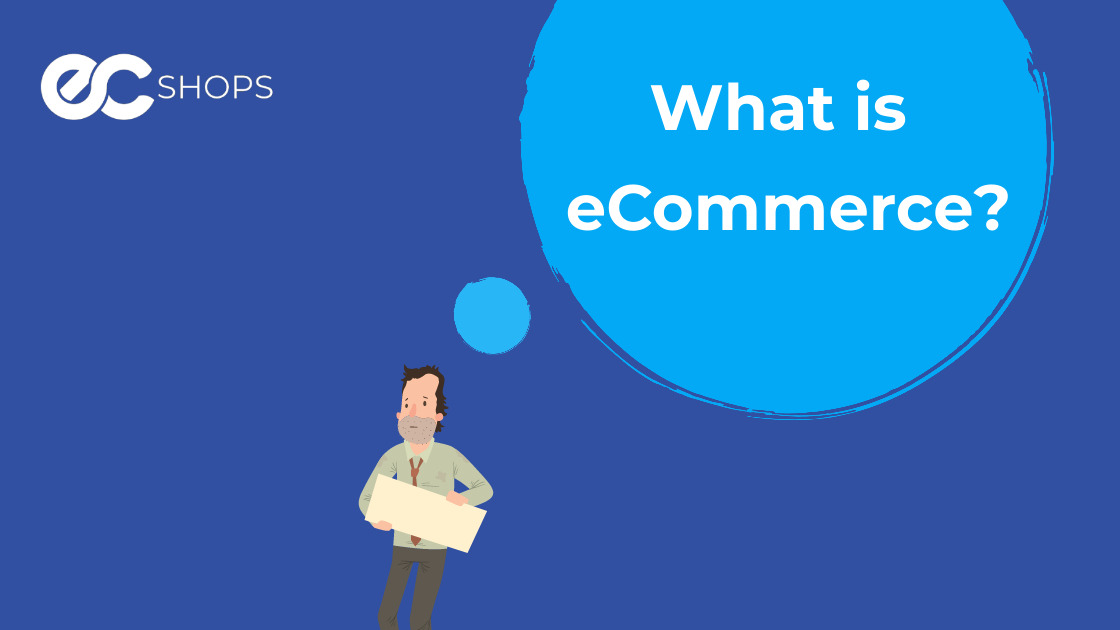Malls are dying, and retail stores are becoming obsolete. Brick-and-mortar stores lose the battle against online shopping, while ecommerce continues to grow exponentially. As a result, retailers are shifting their focus to digital marketing strategies that complement their in-store offerings.
Retailers who want to survive in this new era need to rethink their marketing strategies and build brands that don't depend on physical stores for success.
Retailers need to be flexible with their digital advertising campaigns because they can't rely on one platform or one tactic. They also need to use every opportunity possible to stay relevant in an increasingly competitive market like social media or influencer campaigns.
The world of ecommerce marketing is changing rapidly. Shoppers are no longer looking for a product, they are looking to shop. It has become less about what you have, but rather what and how you offer it. The consumer has become the king.
Ecommerce marketing is constantly evolving to stay competitive in the digital age. Companies are constantly coming up with new ways to create an emotional connection with customers, or to collect data for future targeting.
